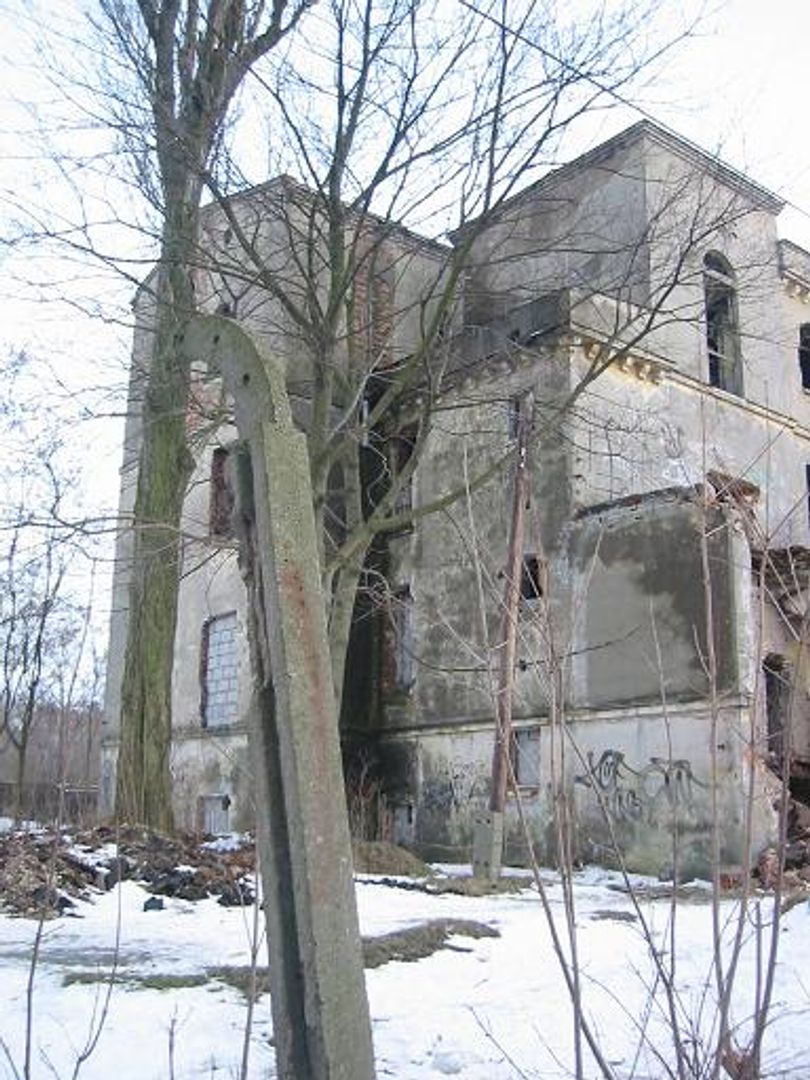Jewish orphanage in Helenówek
6.7

Overview
The Jewish orphanage in Helenówek, located in Łódź, held significant importance on multiple levels: architectural, cultural, and historical. It was established based on a statute approved by the provincial governor of Łódź in 1922. The director of the institution was Chaim Rumkowski, a well-known figure who later became the Head of the Jewish Council in the Łódź Ghetto. Officially known as the "Boarding School for Jewish Children and Farm," the orphanage not only gathered children of Jewish origin but also underwent various transformations throughout its history—during World War II, it was converted into a Nazi "Lebensborn" center. After the war, the facility became a shelter for Jewish children who survived the Holocaust and was maintained by the American charity organization Joint. This was a time when the children could experience relative comfort compared to their earlier traumas. The center was secured by armed guards, reflecting the uncertain social and political situation of that period. In later years, after being nationalized, it was transformed into the Maxim Gorky Educational Home for Girls, demonstrating its continued use in the educational sphere. By the end of the 20th century, due to a lack of renovations, the building fell into disrepair, and after being reclaimed by the Jewish Community, it was sold and eventually demolished in 2004. Interestingly, among the orphans was Henryk Grynberg, who later became a renowned writer. He recalled his life in the center and its guards, shedding new light on the daily experiences of children during difficult times. The orphanage in Helenówek remains an important part of Jewish history in Łódź and serves as a reminder of the complexity of their fate, especially in the context of the Holocaust and the challenging post-war realities.
Location
Tickets
Powered by GetYourGuide
2026 Wizytor | All Rights Reserved